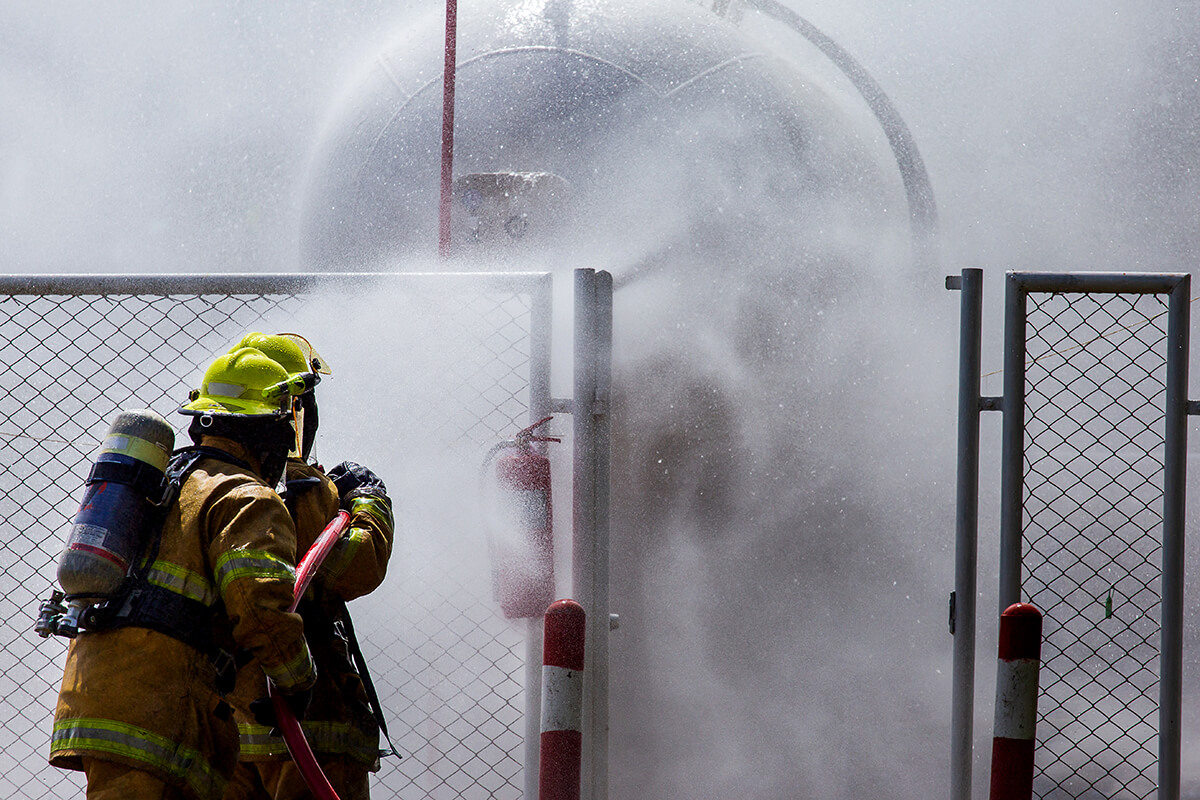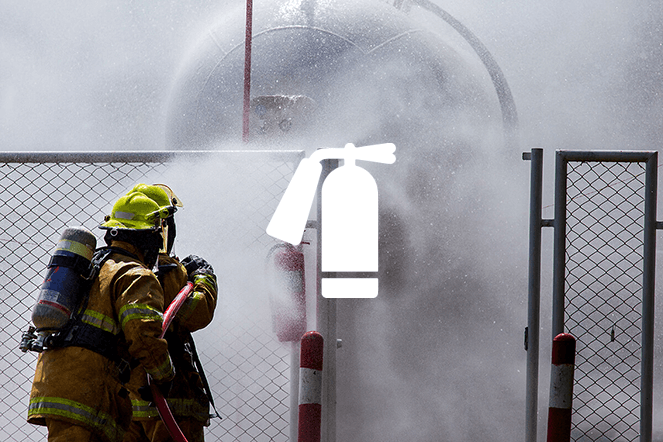This website uses cookies so that we can provide you with the best user experience possible. Cookie information is stored in your browser and performs functions such as recognising you when you return to our website and helping our team to understand which sections of the website you find most interesting and useful.

AFFF Firefoam
The Aqueous Film-Forming Foam (AFFF), commonly known as firefighting foam, has been the focal point of escalating legal contention. Deployed extensively since the 1960s, this foam is predominantly utilized by the military and at airports due to its efficacy in suppressing fires fueled by jet fuel and petroleum. The core ingredient of this foam - per- and poly-fluoroalkyl substances (PFAS) - is now under intense scrutiny for its potential carcinogenic properties.
Firefighting Foam
Regarded by the U.S. Environmental Protection Agency (EPA) as potentially hazardous to human health, PFAS exposure is alleged to be the causative factor behind various types of cancer in firefighters.

These include bladder, breast, colorectal, leukemia, liver, lymphoma, pancreatic, prostate, renal or kidney, testicular, thyroid cancer and disease, ulcerative colitis, and uterine or endometrial cancer.
Over 4,000 lawsuits have been filed by plaintiffs who claim to have developed these types of cancer due to consistent exposure to AFFF. The lawsuits are currently undergoing consolidation in the United States Federal Court in the District of South Carolina, overseen by a single judge for pretrial proceedings. The goal is to streamline the process and potentially pave the way for a global settlement.
One bellwether trial, City of Stuart v. 3M Co., et al., will likely set the precedent for the future course of this litigation. This lawsuit alleges that the defendants’ firefighting foam products contaminated the City’s water supply with PFAS. The trial’s outcome could potentially instigate a multi-billion dollar global settlement if the defendants are held liable.
The National Institute of Standards and Technology (NIST) has reinforced these claims through their research, indicating the presence of PFAS in firefighting equipment. The study found that each tested textile contained between one and 17 PFAS, with higher concentrations found in the outer layers.
Simultaneously, the U.S. Centers for Disease Control and Prevention (CDC) has initiated the National Firefighter Registry (NFR) for Cancer as part of President Joe Biden’s “Cancer Moonshot” program. This registry aims to collect and compare data on firefighters’ work with information from state cancer registries to better understand the link between firefighting and elevated cancer rates.
Another significant lawsuit is that of the International Association of Fire Fighters (IAFF) against the National Fire Protection Association (NFPA). The IAFF alleges that the NFPA imposed a testing standard that mandated the use of PFAS in firefighter protective gear, despite knowing the associated health risks.
The defense has responded with its List of Trial Exhibits and a motion for summary judgment. However, this motion was denied by the MDL Judge, ensuring that the majority of the plaintiffs’ claims will be presented to a jury.
As this litigation unfolds, it’s expected that the lawsuit count and the pressure for a global settlement will continue to escalate. The implications of these proceedings could be far-reaching, affecting the manufacturers of AFFF, PFAS exposure victims, and various stakeholders in the firefighting industry.
Get in Touch
Unable to locate the lawsuit that piques your interest? We are here to assist you.
Our firm acknowledges the dynamic nature of mass tort lawsuits. As new cases surface each day, keeping abreast of this ever-changing landscape can indeed be demanding. That is where our expertise comes in. Even if you can't immediately find the lawsuit you're interested in on our website, please be assured that we may still be able to assist you. We maintain an extensive network of qualified claimants across a wide range of lawsuits, which may not be readily visible on our platform.
For further exploration, we cordially invite you to engage with our dedicated sales team. They are prepared to comprehend your requirements and assist you in locating the most suitable claimants for your specific lawsuit.
Initiate the connection today. The claimants you are seeking may be just a single click away.
 386-867-8397
386-867-8397








